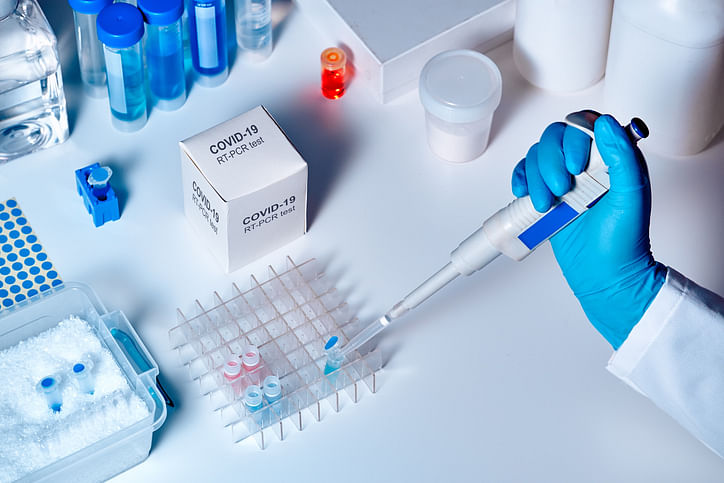
As part of the new Covid-19 response plan prepared by the Centre for Delhi, a serological survey or sero-surveillance study will be carried out jointly by the National Centre for Disease Control (NCDC) and the Delhi government in the national capital from June 27.
The undertaken survey will help in comprehensively determining the spread of the Covid-19 disease.
Here is all you need to know about it
In medical practice, a serological test is defined as a diagnostic method, which helps identify antibodies and antigens in the patient’s sample. In other words, the test identifies antibodies created in the immune system of a person who has recovered from a disease.
In a serological survey, such tests are carried out on a sample amount of the population. It helps epidemiologists draw up a comprehensive strategy to tackle the rising number of cases. The survey will also help identify people who were exposed to the virus but never experienced symptoms or tested positive and have developed immunity against it.
Delhi will conduct the serological survey from June 27 till July 10 under which in a door-to-door survey, samples from 20,000 households from all 11 districts of Delhi will be collected on a random basis. Reportedly, the samples will include individuals below 18 years as well.
The IgG Enzyme Linked Immunosorbent Assay (ELISA) test under the serological survey determines the percentage of the population exposed to Covid-19.
A blood sample of five millilitres is collected from the patient. The blood and plasma are then separated using test equipments. The plasma is used to detect antibodies developed in the patient’s body against Covid-19.
Pointing out that the periodic sero surveys are useful to guide policymakers, the Indian Council of Medical Research (ICMR) had earlier said, “Depending upon the level of sero prevalence of infection, appropriate public health interventions can be planned and implemented for prevention and control of the disease…”
A similar pilot sero survey was conducted in May across 83 districts in 21 states by the Indian Council of Medical Research (ICMR) in which 0.73 per cent of the general population was found to have been infected with the virus. The results of the survey led to the conclusion that India had not reached the stage of community transmission back then.
In a press conference after the survey was completed, NITI Aayog member, V K Paul had said that the findings of the survey will help fine-tune the response and strategies to deal with the Covid-19 challenge.